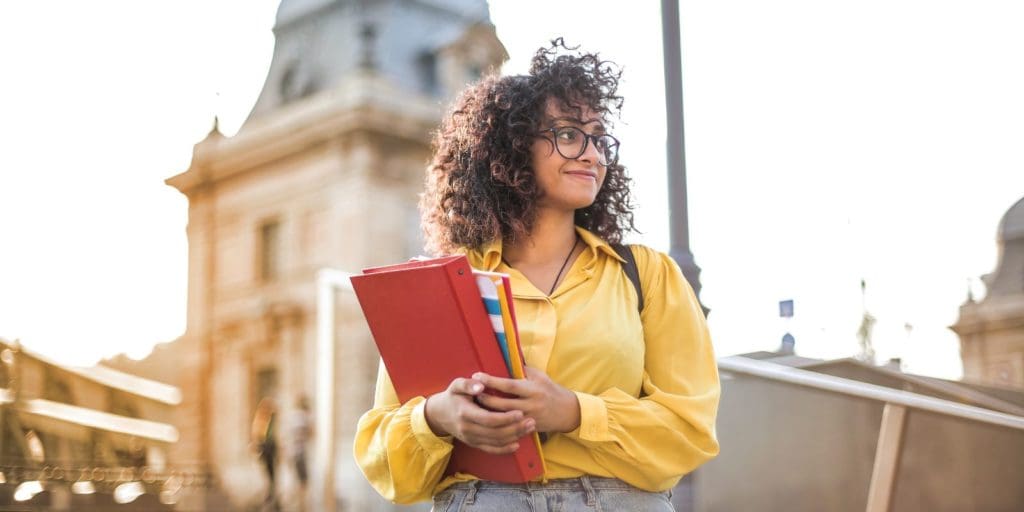This autumn, over a million students will qualify for maintenance loans to help them to pay for their rent, food, and day-to-day expenses. However, even with this help, plenty of students will be struggling financially due to the increasing costs of basic bills such as food and electricity.
NUS recently conducted a survey that showed a shocking 38% of female students and 32% of male students have had their mental health impacted by financial worries. Plenty of schemes are in place to help students financially, and they are even exempt from paying certain fees and charges. This guide will help to explain some of those exemptions.
Council Tax
Full-time students living alone or with other students do not need to pay council tax. This is true regardless of how many students are living together in the same property. This discount can also apply to apprentices and carers,
If you live with a person outside this designation, you could also be entitled to a discount on council tax. If you, as a student, live with someone who is not a student, you are disregarded when calculating council tax, and can get your household a potential 25% reduction.
If you live in a household of non-students, you are still personally exempt, meaning you do not contribute to the total council tax charge, but your presence does not lead to any reductions or savings. Also, if your housemates or flatmates do not pay their council tax bill, you are not held liable.
TV Licences
As of 2016, everyone who watches live TV or uses BBC iPlayer needs to pay for a TV licence, or they will be faced with a £1000 fine. However, there are some loopholes for students.
You will not need a TV licence if your parents have one, and you live in their household. You also do not need a TV license for watching other streaming services than are not live TV, but excluding BBC iPlayer.
If you have already purchased a TV licence during term time and are going home for the summer holidays, you might be able to get a refund if you have paid for a period when you will not be in your uni accommodation.
Overdraft Interest
Students are often eligible to apply for 0% overdrafts from bank accounts and credit cards. This means that within a certain, predetermined limit, you are able to spend your overdraft without paying interest. This is often given as an incentive in student bank accounts.
However, despite the fact that student overdrafts can have 0% interest, they must still be repaid. Overdrafts are still loans, they are not free money. While 0% interest overdrafts can give students a level of flexibility, they should still be repaid fully.
Something to be aware of is that while student bank accounts tend to offer 0% interest rates, these rates can suddenly jump after graduation. This is why it can be wise for students to review their accounts after graduation.
Where possible, students should not welcome any debt, including the use of multiple credit cards, personal loans or the use of payday loans, since these are not designed for students to use and can lead to revolving credit problems.
Extra Help
Students are entitled to free counselling at many universities. Your Student Union should be able to offer more advice about this. There are also services such as Nightline which lend students an ear for free.
Students are also able to get free financial advice from The National Association of Student Money Advisers (Nasma), who have advisors in a number of universities. If your university does not offer access to advisors, you could have a look at local charities such as Citizens Advice.

